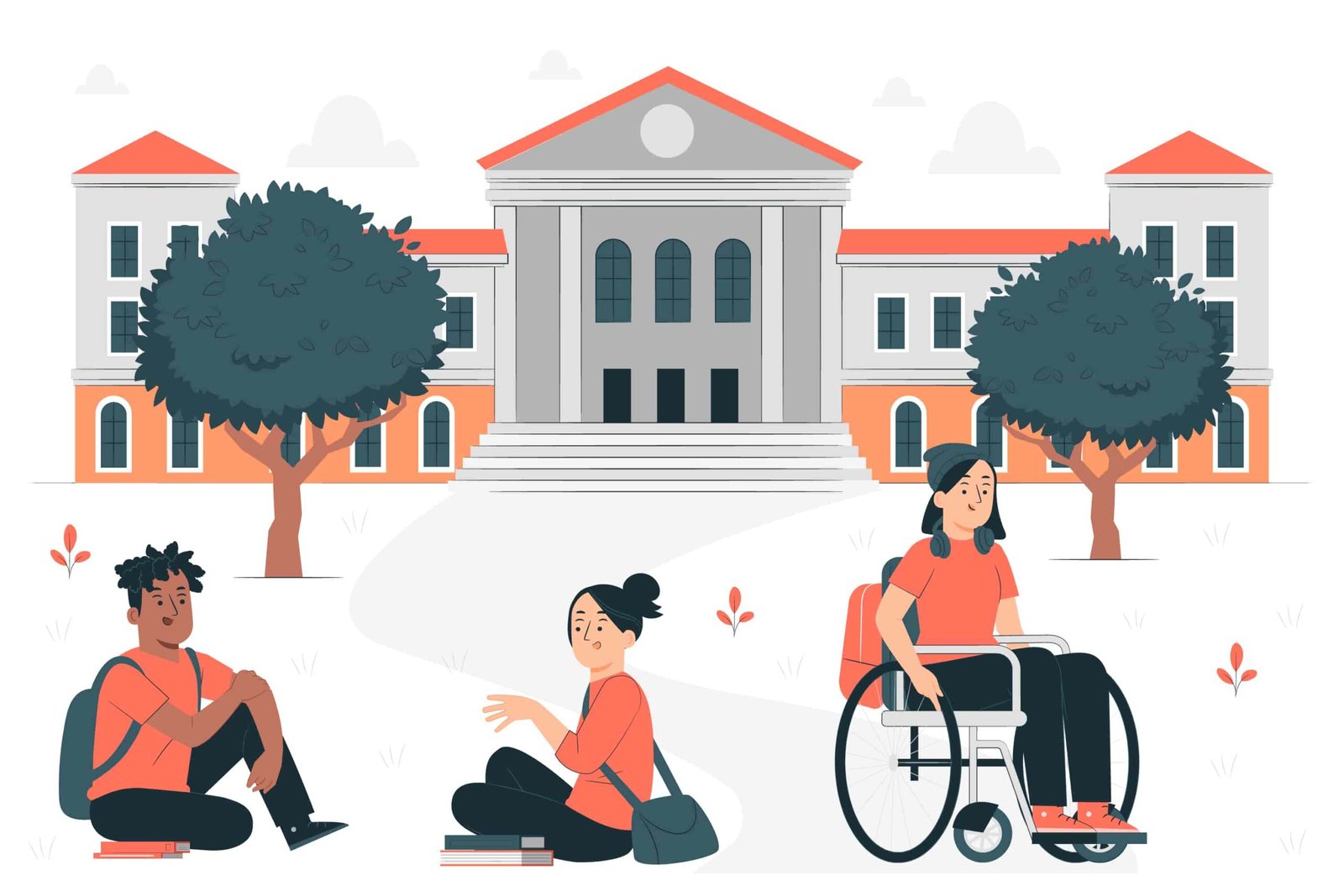Saint Martin’s University majors and acceptance rate
Located in the Western region of the United States, Saint Martin’s University is an independent four-year, coeducational university located on a wooded campus of more than 300 acres in Lacey, Washington. Established in 1895 by the Catholic Order of Saint Benedict, the University is one of 14 Benedictine colleges and universities in the United States and Canada, and the only one west of the Rocky Mountains. Saint Martin’s University prepares students for successful lives through its 27 majors and ten graduate programs spanning the liberal arts, business, education, nursing, and engineering.
Is Saint Martin’s University hard to get into?
The acceptance rate at Saint Martin’s University is 94%. For every 100 applicants, 94 are admitted. This means the school is not selective; not hard to get into. The selection process for students is based on outstanding academic achievement, innovation, and curiosity.
Is Saint Martin’s University a good school?
Saint Martin’s University is a good school that empowers students to pursue a lifetime of learning and accomplishment in all arenas of human endeavor. Saint Martin’s students learn to make a positive difference in their lives and in the lives of others through the interaction of faith, reason, and service
What is Saint Martin’s University known for?
Saint Martin’s University is known for its holistic development, collaborative exchange, and integrated approach to teaching and learning. Saint Martin’s University prepares students for successful lives through its undergraduate and graduate programs and certificate programs spanning the liberal arts, business, education, engineering, nursing, and leadership.
Is Saint Martin’s University a party school?
No, Saint Martin’s University is not a party school.
What major is Saint Martin’s University known for?
- Business administration and management
- Mechanical engineering
- Psychology
- Biology/biological sciences
- Civil engineering
- Registered nursing/registered nurse
- Accounting
- Computer science
- Social work
- Communication
- English language and literature
- Criminal justice/safety studies
- Political science and government
- Environmental studies
- Information technology
- Mathematics
- Elementary education and teaching
- Chemistry
- Anthropology
- History
- Education
- Secondary education and teaching
